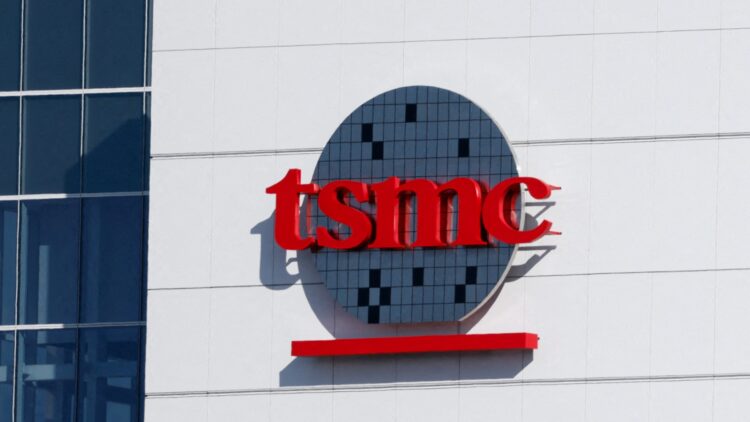Theft in the normal sense of the word is a frowned-upon activity. But doing it more “discreetly” may also still raise a few eyebrows. Industrial / economic espionage, otherwise known as the theft of trade secrets is utilizing illegal means to obtain trade secrets. This could include not only unauthorized access, but also copying, disclosure or use. When something such as this happens, the consequences can be far reaching.
Unveiling the threat of theft
Trade secrets are considered the lifeblood of a company. It is the unique business information, strategies or practices that give that specific organization the competitive edge it strives for. These would all come into play at the Taiwan Semiconductor Manufacturing Co. The company itself is a multinational semiconductor contract manufacturing and design company.
Taiwanese authorities have detained three people for allegedly stealing technology trade secrets from Taiwan Semiconductor Manufacturing Co (TSMC) 2330.TW, the world’s largest chip foundry, Taiwanese prosecutors said on Tuesday. The three were detained late last month after TSMC reported that an internal investigation had shown that former and current employees had illegally obtained information from the company, the Taiwan High Prosecutors Office said in a statement.
The prosecutors office said another two people had been released on bail, and one more had been released. The three who have been detained – two current staff and one former employee – are suspected of violating Taiwan’s national security law, it added. It did not disclose their identities apart from saying that the former staffer was surnamed Chen.
Appropriate action from TSMC
Earlier on Tuesday, TSMC said it had launched legal proceedings and taken disciplinary action against employees involved in potential trade secret leaks after detecting unauthorized activities during routine monitoring. It said its “comprehensive and robust monitoring mechanisms” enabled early identification of the issue, leading to internal investigations and measures against the personnel involved. TSMC said the legal case, which is now under judicial review, prevented it from providing further details.
Nikkei Asia earlier reported that the breach involved several former employees suspected of attempting to obtain critical proprietary information on TSMC’s 2-nanometer chip technology. The N2 technology features some first-generation nanosheet transistor technology. This has full-node strides in performance as well as power consumption. Nikkei Asia, or otherwise known as the Nikkei Asian Review primarily focusses on matters related to the Asian continent as well as others related to the broader international developments.
Trying to unravel the situation
There were no immediate details on the suspected motives or whether any information had been passed on, and investigations are ongoing to determine the scope of the leak and whether any others were involved, the Nikkei report said. Taiwanese media outlet United Daily News said prosecutors and investigators had also searched the offices of Tokyo Electron, without citing where they had obtained the information. Tokyo Electron and the prosecutors’ office declined to comment.
TSMC’s 2-nanometer chip technology is the most advanced technology in the semiconductor industry in terms of both density and energy efficiency, according to the company’s website. The contract manufacturer, which counts AI industry darling Nvidia NVDA.O, iPhone maker Apple AAPL.O, and Qualcomm QCOM.O among its customers, highlighted its zero-tolerance policy for trade secret violations, and said it would pursue offenders to the full extent of the law.
As noted before, the effects that theft of trade secrets has can be quite devastating. Within the business itself it can lead to significant financial losses, and, in some extreme cases, even to bankruptcy. But it can go even wider than this. It can stifle innovation, cause disruption in the market and also lead to job losses. This will impact more broadly onto the economy. Understandably so, this type of theft is punishable quite severely. Domestic and international laws provide guidance on this.
GCN.com/REUTERS.


